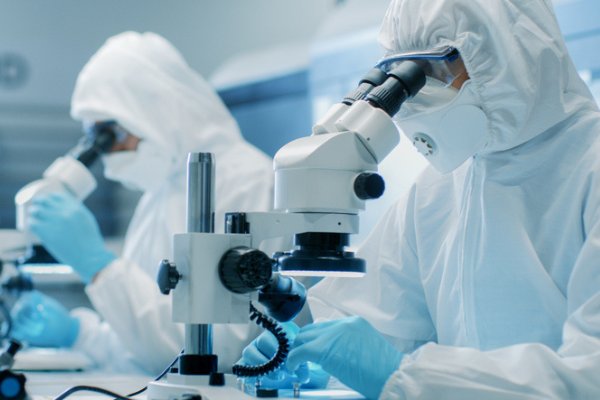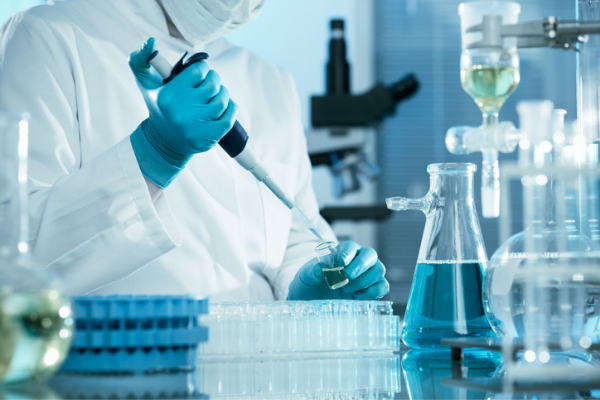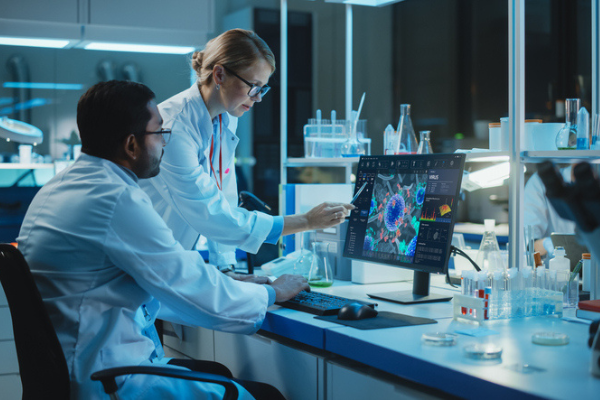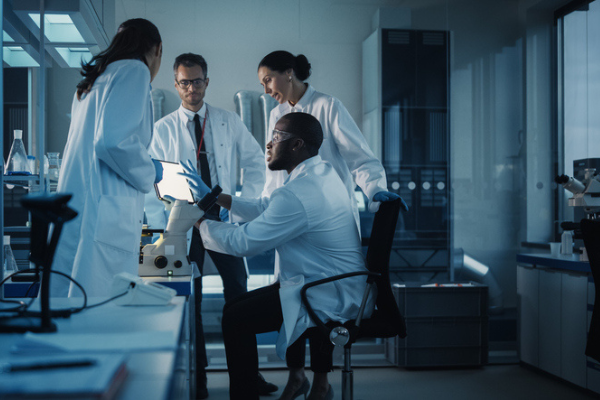
What key factors went into deciding to become a chemical technical professional (CTP)?
An interest in science and chemistry. I always wanted to know how things work and found it fascinating that everything from the mundane to the complex had scientists investigating about it somewhere in the world. My dad was a chemist too.
Describe your job as a chemical technical professional. What is your favorite part?
I work on catalyst coatings for environmental exhaust applications such as automotive, diesel, and industrial off-gas. I enjoy solving problems and interacting with colleagues and customers.
What daily tasks do you normally tackle as part of a typical workday?
Right now, I work on catalytic efficiency data evaluation, investigation of raw material effects, and root cause analyses. I’ve had various positions within the catalyst R&D group at BASF covering different activities such as raw material blending, thin layer coating, customer service testing, and catalyst research testing to name a few.
What is the biggest challenge you've overcome in your career?
The qualification of new or replacement technologies for some of our most rigorous customers. A couple of these instances were the toughest projects I have worked on, but ultimately these were the most rewarding and where I learned most about the details of a product.
What’s the one thing you wish you had learned earlier in your career?
The operation of a scanning electron microscope (SEM) instrument. I have sat with an SEM specialist during a few catalyst failure investigations, and I was amazed at what could be done so quickly with magnification of the catalyst features (after the sample was prepared of course).
Think about an early career CTP. What’s your best piece of advice to help them succeed in the workplace?
Hard work, attention to detail, and discussions with colleagues at different levels. Never be afraid of tackling the tough issues.
How important is gaining new skills to achieving success as a CTP? Do you think it is better to be a self-learner or are you a fan of taking additional classes/seminars to gain new skills?
Science is always evolving, so new skills are important for any job. A combination of both classes/seminars and hands-on experience or self-learning is the best.
What are the hallmarks of a good technician/supervisor relationship?
Hard work and open discussion especially when trying to solve problems. A great relationship between technician/supervisor can lead to more value for the company than just the sum of their individual parts.
What is the best decision you have made so far in your career?
Early in my career I was given the choice to remain hourly or become salaried. I chose salaried.
How does your job provide “a bridge”? For example, between lab and consumer, science and manufacturing, or idea and implementation?
I have helped scale up processes from lab to manufacturing and worked on troubleshooting manufacturing processes. I have also worked with customers during product implementation and troubleshooting. All aspects ranging from lab, manufacturing, and final application involves a chance for a new learning experience related to science.
If you could do it over, would you still choose a CTP career?
Yes, especially now that I look at my career after many years, I’ve had so many varied experiences from small lab-scale experiments to pilot plant, to manufacturing and everything in between. I’m appreciating the breadth of experience more these days.
How do you like to spend your downtime?
Spending time with my nine-year-old son.
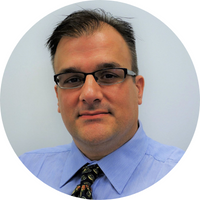
Gerard (Jerry) Lapadula joined Engelhard in 1994, which later became part of BASF in 2006. He graduated with a BA in Chemistry from Rutgers University in Piscataway, NJ. Throughout his career, Jerry has worked on various aspects of environmental catalysis for automotive, diesel, aircraft, motorcycle, and industrial chemical applications. He has worked on numerous catalyst technologies from their inception and prototype testing through to their optimization and transfer to manufacturing, and finally to customer implementation and trouble shooting. Jerry has also been involved in setting up site safety inspection programs and continues as an experienced safety committee team member. He was part of a team recipient of an Edison Patent Award from the Research & Development Council of New Jersey in 2020.
This article has been edited for length and clarity. The opinions expressed in this article are the author's own and do not necessarily reflect the view of their employer or the American Chemical Society.


